The 12 Days of Artmas
On the First Day of Artmas, My True Love Gave to Me… a Step-by-Step Guide for Gifting an NFT
It is possible to give an NFT, though the process isn’t exactly seamless. To kick off The 12 Days of Artmas, here’s a how-to.
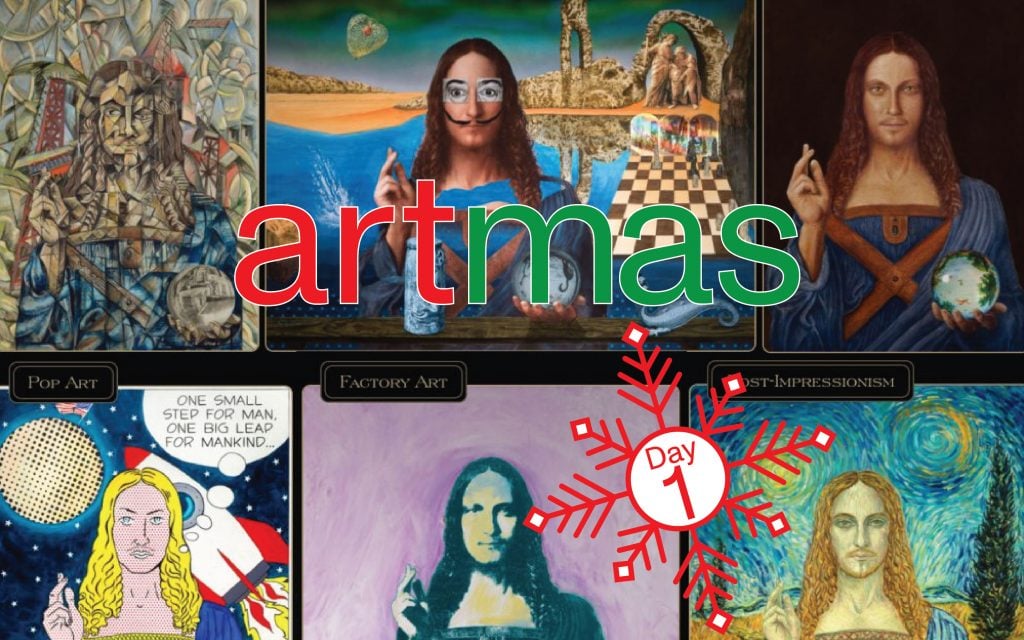
It is possible to give an NFT, though the process isn’t exactly seamless. To kick off The 12 Days of Artmas, here’s a how-to.

Artnet News

Welcome to The 12 Days of Artmas, our new, non-denominational holiday extravaganza—an advent calendar with gift ideas and stories for art lovers of all stripes, dropping daily through December 24.
Non-fungible tokens: what could be better for the hard-to-shop-for person in your life who has everything?
You can introduce them to the world of cryptocurrency, which they’ve probably been puzzling over for a while. Maybe they already have enough physical artwork cluttering their walls and shelves. Or maybe it’s just a whimsical joke, and you hope your art collector friend will find some humor in it.
The year 2021 has shown that if you can dream it, you can NFT it. In the past 12 months, people have minted NFTs of just about everything, including a burned Banksy, Taco Bell gifs, and Jack Dorsey’s first tweet. One artist even tried to sell her actual human eggs as an NFT.
So how, exactly, do you buy an NFT for someone else? It’s not exactly a straightforward process.
Fear not—we’ll walk you through all of it. But first, it’s important to note that NFTs are a speculative investment. There is no guarantee your gift will hold its value over time. Also, understand that this is an emerging market with a lot of regulatory gray areas that could impact the future value of NFTs. Bottom line: Don’t spend more than you are willing to part with or look silly giving away.
Now that we’ve given you fair warning, we’ll guide you through the process of buying your beloved an NFT. First thing’s first!
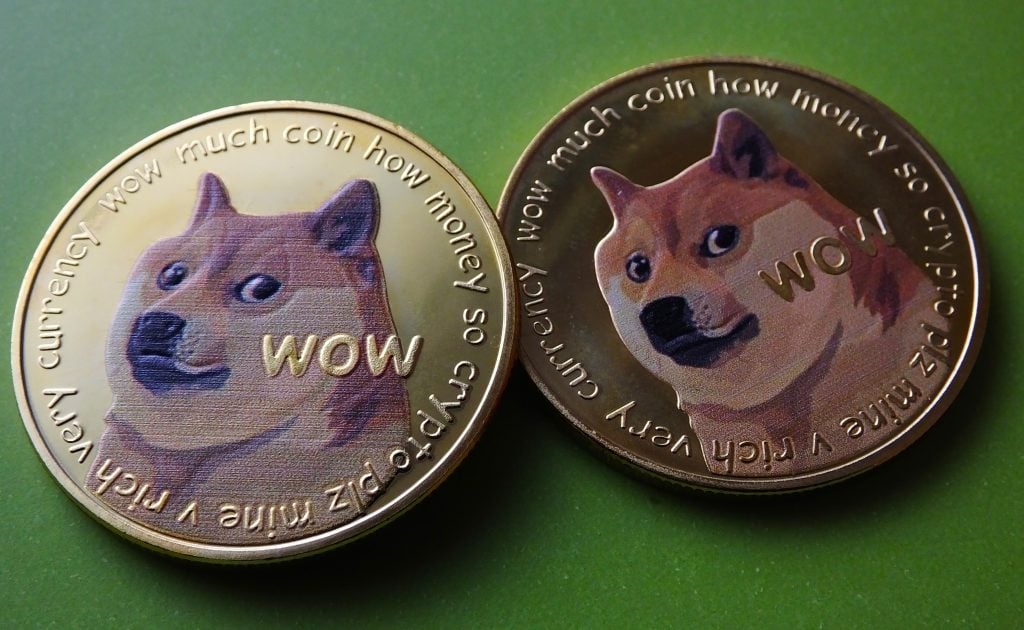
The original Doge meme that inspired the cryptocurrency Dogecoin sold as an NFT for $4 million in June to PleasrDAO, which is offering fractionalized ERC-20 shares in it. Photo: Liu Junfeng/VCG via Getty Images.
You want to start by signing up for a digital wallet, probably MetaMask, and set it up so you can convert money from your bank account into ether, the native cryptocurrency of the Ethereum blockchain. Most NFTs are Ethereum-based tokens, which means many NFT marketplaces only accept ether. Other popular digital wallets include Trust Wallet or Coinbase Wallet.
Your wallet is also a place to store your NFT after you buy it. To set up a wallet other than a private one, you are going to need to co-opt your giftee at some point. The process is similar to when you give someone a share of stock in a company, and they need to have their own brokerage account. To log in, your giftee will need to provide a cell phone number, an email, and other information. You might also want to sit with them to show them how all of this stuff works.
Make sure you write down your wallet password as well your secret backup phrase (used for recovering your password in the event you lose it) on several different pieces of paper and store those securely. If you lose your password, you lose access to any funds in the wallet as well—it’s one of the hazards that comes with being your own bank. (Think of those guys digging through garbage dumps looking for hard disks with bitcoin on them.)
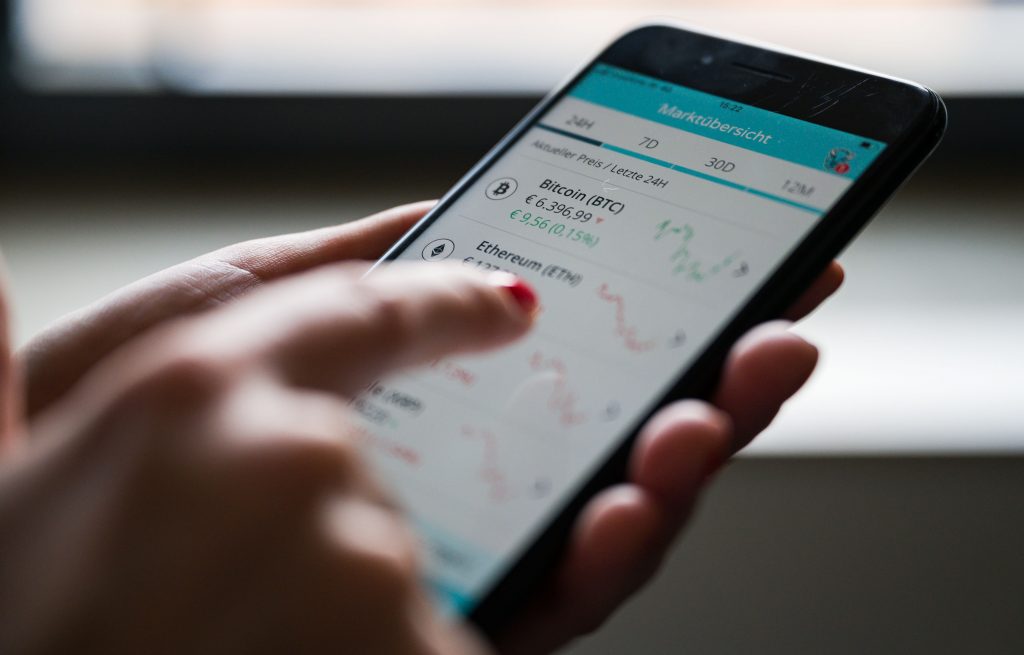
Like cryptocurrencies such as Bitcoin and Ethereum, NFTs can be bought, sold, and transferred via smartphone. Photo: Marijan Murat/picture alliance via Getty Images.
Also, very important, keep in mind that whenever you buy, swap, or transfer ether, you need to pay a transaction fee—known as “gas”—to the miners who keep the network running.
At press time, the gas fee was $4 for each Ethereum transaction, according to Ycharts. This can go up or down. (In May, during a particularly busy period on the Ethereum network, it was as high as $70.) You can also opt to pay a higher fee to ensure your transaction goes through faster. Paying too low a fee means you could wait days for your transaction to clear or suffer the fate of this poor guy, who lost $150 in gas fees in several fraught attempts to purchase an NFT.
Calculating gas fees is one of the most frustrating aspects of purchasing an NFT, many report. An NFT transaction is more complicated than simply buying or selling crypto, so naturally, it is going to cost more. How much? You have to guess right (every time you add crypto to your account, you have to pay a gas fee, and there’s no way of knowing how many people are using the network at any given time). This applies both when you buy the NFT, and then when you pass it to the recipient.

Examples of CryptoPunks, tradable digital icons based on the Ethereum blockchain. Courtesy of Larva Labs.
Next, choose an NFT marketplace to peruse. There are a variety of platforms that support NFT purchases, including Nifty Gateway, OpenSea, Rarible, SuperRare, and Foundation. (Some auction houses—including, beginning December 15, Artnet Auctions—also offer NFTs.) Each platform operates slightly differently. Nifty Gateway is one of the few that lets you buy NFTs with a credit card, debit card, or even cash. As such, its customer checks are more stringent, and you’ll have to jump through a few more hoops to prove you are who you say you are.
There are also specialized marketplaces where you can buy NFT collectibles. For instance, you can purchase alien avatars known as CryptoPunks (which are pricey and not recommended for the novice) directly on the Larva Labs website. Similarly, “breedable” cartoon cats known as CryptoKitties (more affordable) are available on their own website.
As you start looking, you’ll find a huge assortment of bizarre digital artworks and gifs by hitherto unknown artists on NFT marketplaces.
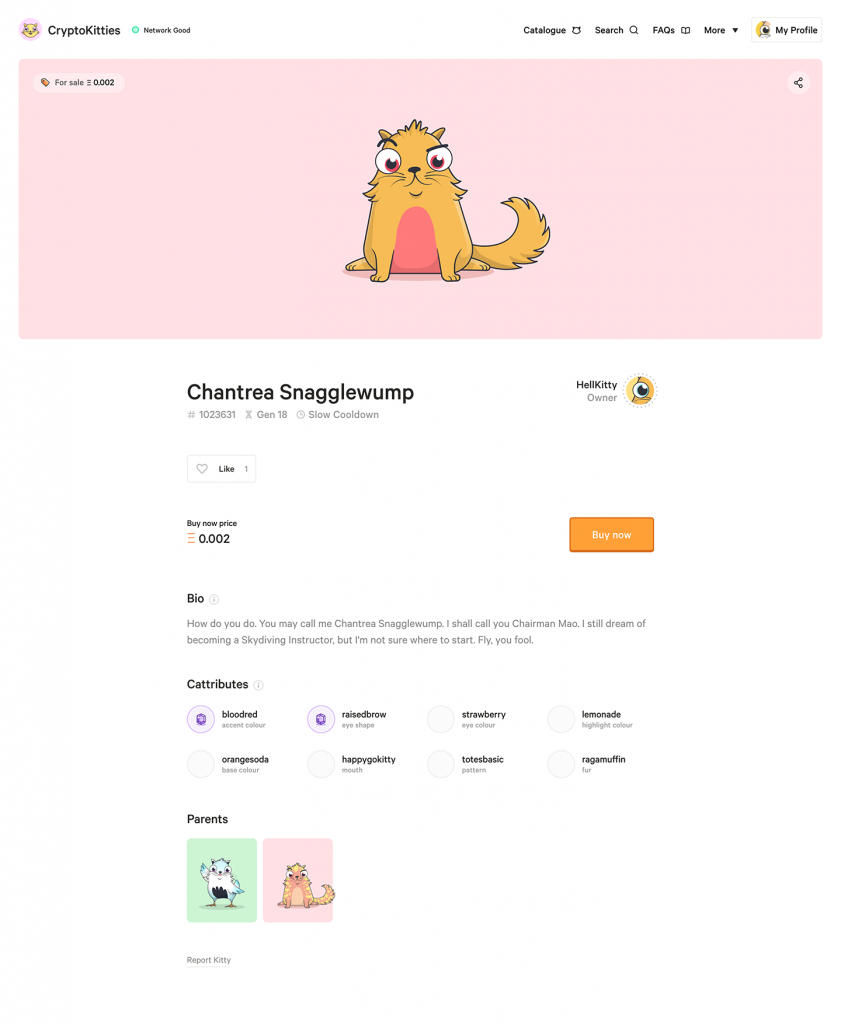
Browsing the CryptoKitties website. Courtesy of Axiom Zen.
Remember to wait until you find an NFT you want to buy to fund your wallet with ether, because you’ll want to account for those gas fees.
Once you have identified the perfect one for your person, it is time to make a move. For starters, you will need to connect our digital wallet to the NFT marketplace. Most of them function like an auction house: You place a bid, and wait to see if you win your chosen NFT. If you want to move things along faster, many of the sites have a “Buy Now” option, where you can purchase an NFT at a fixed price.
Another quirk of NFT marketplaces is that prices are usually listed in decimals of ether and followed by a dollar value. This dollar value can fluctuate rapidly due to the volatility of ether’s trading price at any given moment.
Be patient. It’s easy to get discouraged the first time around. One tech journalist described her initial experience acquiring a CryptoKitty NFT as “a nightmare—with far too much time, money and stress wasted on… well, not very much.”
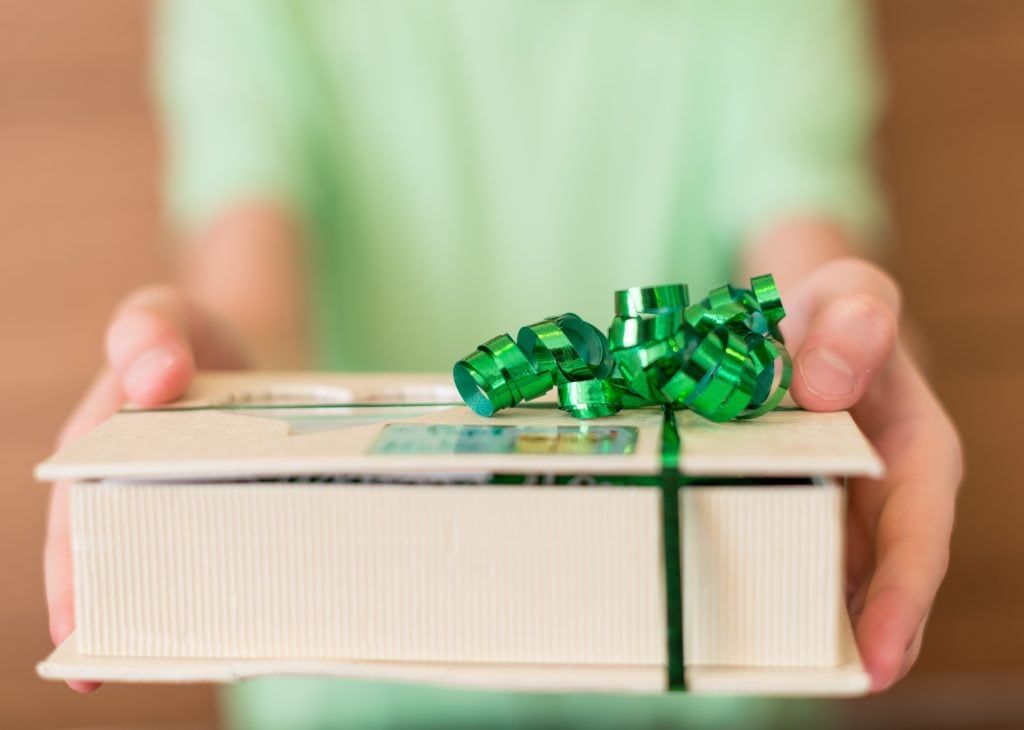
Merry Artmas to you! Photo: Roberto Machado Noa/LightRocket via Getty Images.
Once you purchase the NFT, the next step is sending it to your giftee’s wallet. When you transfer your NFT, make sure that you input the recipient’s wallet address correctly—if you send it to the wrong address, it’s gone forever.
You’ll also want to think of some creative way of presenting the gift, since, well, it’s virtual. An e-card would be fitting. Or, if you’re looking to put something under the tree, perhaps a handwritten note describing the purchase, wrapped up in a box with a bow.
Now, all that’s left is for you to enjoy the moment of delight when your loved one discovers they’re the proud owner of an NFT they can display on their Twitter profile.